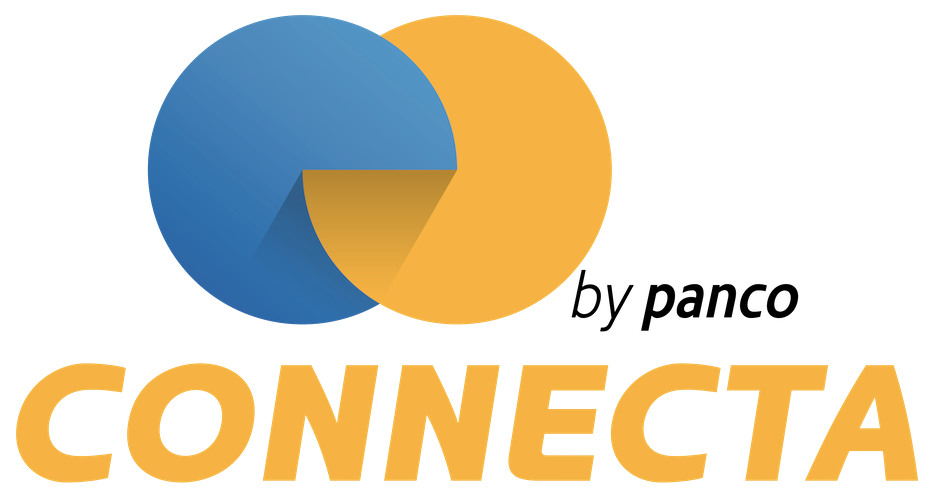Jun 10, 2024
It is essential to have a unified approach to airfreight to guarantee supply chain operations run smoothly. Standardised procedures not only facilitate cost management by reducing redundancies and optimising of resource allocation, but also contribute to the streamlining of operations.
A unified approach can reduce risks, regulatory compliance issues, cargo damage or disruptions in transit can be managed proactively. This unified strategy strengthens negotiating positions with suppliers and carriers. Ultimately it delivers a better customer experience and reliable service.
“Neutral Air Partner (NAP) has established such a unified collaborative approach by partnering with leading cargo airlines, an approach that gives power to the small and medium-sized (SME) forwarders and consolidators, which account for around 45 percent of global air cargo volumes,” Christos Spyrou, Neutral Air Partner’s Founder and CEO, said.
“Whilst airlines have global key account programmes for global forwarders, pursuing a global partnership programme with a group of local and independent SME forwarders and consolidators is of great value for airlines and a win-win collaboration.”
Close collaboration
Undoubtedly, given the present-day geopolitical challenges and greater disruption risks, it is more important than ever to establish a unified, standardised approach to cargo management. Standardisation offers a degree of consistency and predictability that can help mitigate the effects of uncertainties and possible supply chain disruptions.
Ensuring that processes are clear, communication is efficient, and risk management strategies are solid, enhances the ability to overcome and adapt to unforeseen challenges. Implementing a standardised approach to cargo management enables businesses to navigate periods of instability with better efficiency and effectiveness.
“Close contact with all parties is essential to develop and implement standardised processes. Developing clear guidelines, protocols and standards related to cargo handling, safety, security, and documentation is key,” Spyrou explained.
“Industry associations like IATA, TIACA, FIATA, and PHARMA AERO play a vital role in advising governments and shaping policies. Networks such as NAP facilitate collaborations through partnerships, particularly benefiting SME businesses.
These partnerships showcase SMEs’ significant contributions to trade and logistics while offering them a platform to address their unique challenges.
“Furthermore, education, training, and certifications are essential for ensuring compliance and security protocols and for verifying best handling practices. Regarding SME freight forwarders and consolidators, we have partnered with QCargo, a platform that verifies business credentials for potential partners, ensuring transparency and trust in the air cargo industry. It showcases licences, regulatory compliance, and capabilities, setting a standard for strong partnerships. QCargo’s goal is to promote best practices and elevate service quality, aligning with NAP’s mission to add value to its members and the industry as a whole.”
Visibility, efficiency and reliability
Neutral Air Partner’s collaboration with Cargo iQ, an IATA interest group dedicated to enhancing supply chain transparency and performance, signifies a joint effort to elevate quality standards and drive innovation in the air cargo industry. This partnership not only improves services for members but also sets a precedent for future collaborations prioritising transparency and reliability in operations.
Together, NAP and Cargo iQ are paving the way for higher quality, efficiency, and reliability in the air cargo sector through their innovative partnership.
Their advanced visibility functions, particularly the “route map” feature, offer real-time insights into shipment movements from planning to delivery. This functionality benefits not only large enterprises but also our SME members, providing tailored access to essential visibility tools at a scaled price point.
“These partnerships create synergies and trust among stakeholders, leading to a more efficient and sustainable supply chain. They drive the adoption of industry standards, best practices, and quality benchmarks,” Christos Spyrou, highlighted.
“Through joint initiatives, working groups, forums, and conferences, industry players can share insights, expertise, and experiences, leading to mutual learning and continuous improvement. One very important pillar of NAP is our flagship conference OPENAP, where members and guests acquire knowledge and discuss innovative tools, solutions, and business opportunities face-to-face.
“Partnerships focused on data visibility and transparency, such as the collaboration between NAP and Cargo iQ, promote trust and reliability among stakeholders. Improved visibility into supply chain operations, performance metrics, and quality standards, promotes transparency, encouraging cooperation and collaboration. Partnerships enable a more customer-centric approach by aligning strategies, services, and solutions with customer needs and expectations. This ultimately enhances satisfaction, trust, and long-term relationships in the industry.”
The post Smooth supply chains through standardisation appeared first on Air Cargo Week.
Go to Source
Author: Anastasiya Simsek




